Consider:
Primitive data types are passed by value in JavaScript. This means that a copy is effectively made of a variable when it is passed to a function, so any manipulation local to the function leaves the original variables untouched.
function fiddle(arg1) {
arg1 = "Fiddled with";
console.log("In function fiddle str = "+arg1+"<br>");
}
var str = "Original Value";
console.log("Before function call str = "+str+"<br>");
fiddle(str);
console.log("After function call str ="+str+"<br>");
EASY
composite types such as arrays and objects if used, they are passed by reference rather than value
Consider the following modification of the previous fiddle() function:
function fiddle(arg1) {
arg1[0] = "Fiddled with";
console.log("In function fiddle arg1 = "+arg1+"<br>");
}
var arr = ["Original", " Original ", " Original "];
console.log("Before function call arr = "+arr+"<br>");
fiddle(arr);
console.log("After function call arr ="+arr+"<br>");
FINE till here
From here I find myself really confused,
function fiddle(arg1) {
arg1 = ["Blasted!","Blasted!"];
console.log("In function fiddle arg1 = "+arg1+"<br>");
}
var arr = ["Original", " Original ", " Original "];
console.log("Before function call arr = "+arr+"<br>");
fiddle(arr);
console.log("After function call arr ="+arr+"<br>"); // Why this hasn't changed?
Any suggestion? And will it be OK to say
composite types such as arrays and objects if used, they are passed by reference rather than value
in this case too?


